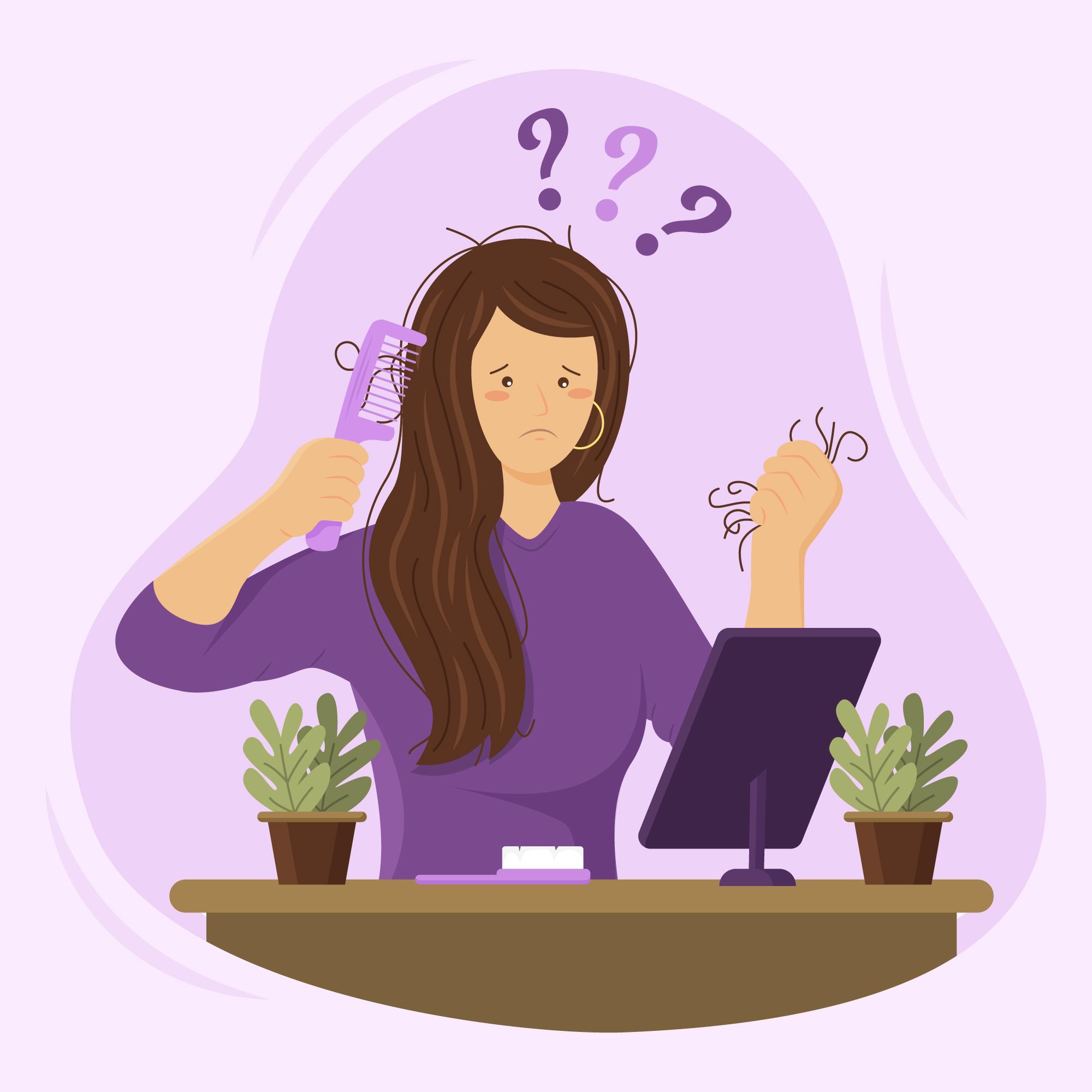Is Your Hair Thinning? Hair Falls Troubling You? Discover the Top Tips and Tricks for Teenagers!
Hair thinning and hair fall can be distressing for teenagers, impacting their self-confidence and overall well-being. However, there are various ways to address and manage these issues. This article aims to provide useful tips and tricks for teenagers dealing with hair thinning and hair fall, helping them promote healthier hair growth and regain confidence.
Maintain a Healthy Diet: A balanced diet plays a crucial role in promoting healthy hair growth. Encourage teenagers to include foods rich in vitamins, minerals, and proteins, such as leafy greens, fruits, lean meats, fish, nuts, and seeds. Emphasize the importance of staying hydrated by drinking an adequate amount of water daily.
Avoid Excessive Heat Styling: Excessive heat styling tools like curling irons, straighteners, and blow dryers can damage the hair and contribute to hair fall. Suggest teenagers limit the use of such tools and opt for heat-protective products when styling their hair. Encourage them to embrace natural hairstyles and allow their hair to air dry whenever possible.
Gentle Hair Care Routine: Teach teenagers the significance of adopting a gentle hair care routine. Advise them to use mild shampoos and conditioners suitable for their hair type. Emphasize the importance of avoiding vigorous rubbing of wet hair with a towel and opting for a pat-dry method instead. Brushing the hair gently with a wide-toothed comb or a brush designed for detangling can minimize hair breakage.
Avoid Tight Hairstyles: Tight hairstyles like ponytails, braids, buns, and cornrows can exert tension on the hair follicles, leading to hair breakage and traction alopecia. Encourage teenagers to vary their hairstyles and avoid excessive pulling or twisting of the hair. Looser, more natural hairstyles can help reduce hair fall.
Minimize Chemical Treatments: Chemical treatments like hair dyeing, perming, and straightening can weaken the hair shaft and cause breakage. Encourage teenagers to minimize the use of such treatments and seek professional assistance when necessary. Suggest alternatives like henna or natural hair dyes that are gentler on the hair.
Stress Management: Stress can contribute to hair fall, so it’s essential to teach teenagers effective stress management techniques. Encourage them to engage in activities they enjoy, practice relaxation techniques like deep breathing or meditation, and maintain a healthy work-life balance. Adequate sleep and regular exercise can also help reduce stress levels.
Nutritional Supplements: In consultation with a healthcare professional, teenagers experiencing significant hair loss may consider nutritional supplements. Supplements containing biotin, vitamins (such as vitamin D and vitamin E), and minerals (such as zinc and iron) can support healthy hair growth. However, it’s crucial to consult a healthcare provider before starting any supplements.
Consult a Dermatologist: If hair thinning and hair fall persist despite implementing these tips, recommend teenagers to consult a dermatologist or a trichologist. These professionals can evaluate their specific condition, identify underlying causes, and provide personalized advice or treatments tailored to their needs.
Hair thinning and hair fall can be managed effectively with proper care and lifestyle adjustments. By following these tips and tricks, teenagers can improve the health of their hair, minimize hair loss, and promote new hair growth. Remember, it’s essential to be patient as it may take time to see noticeable improvements.






